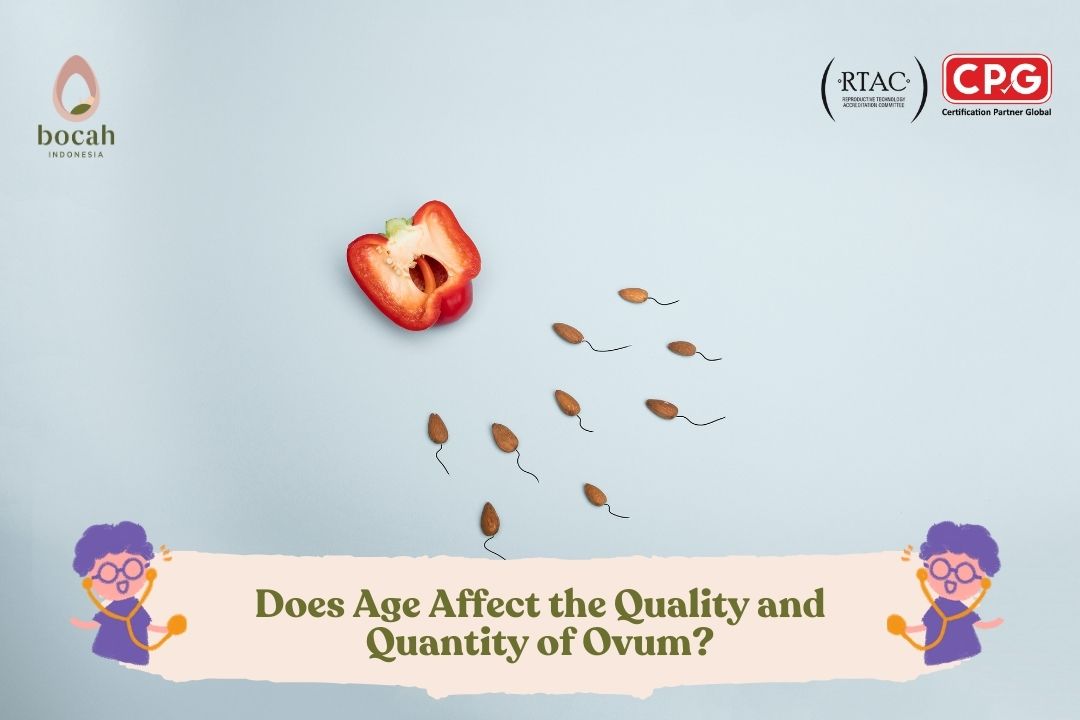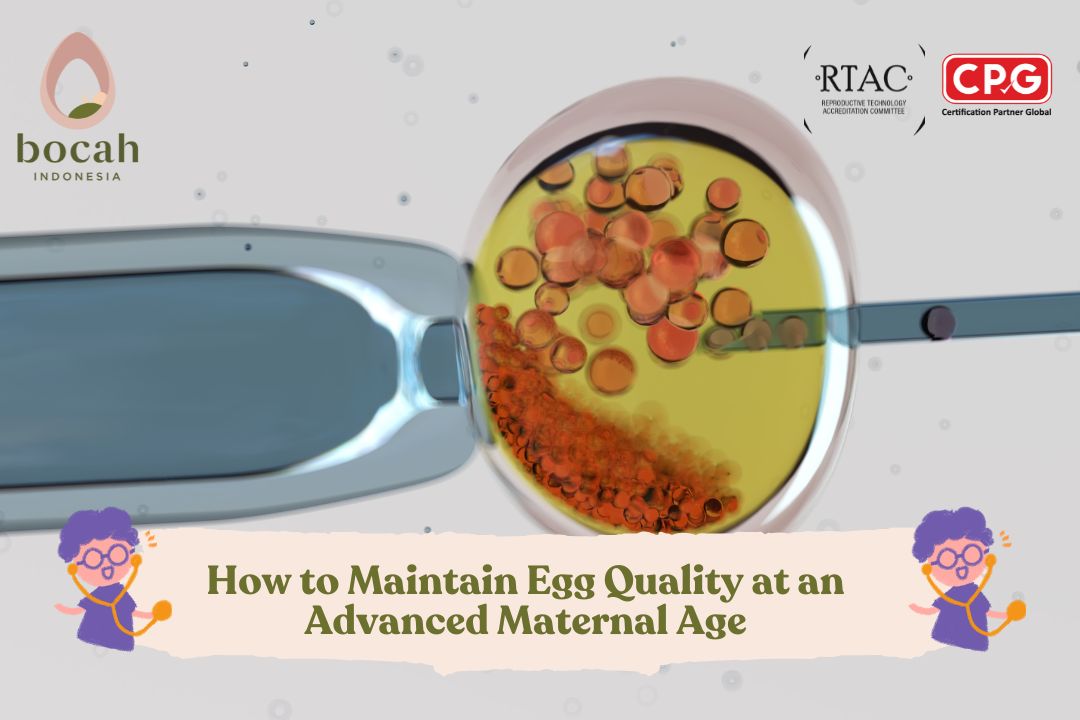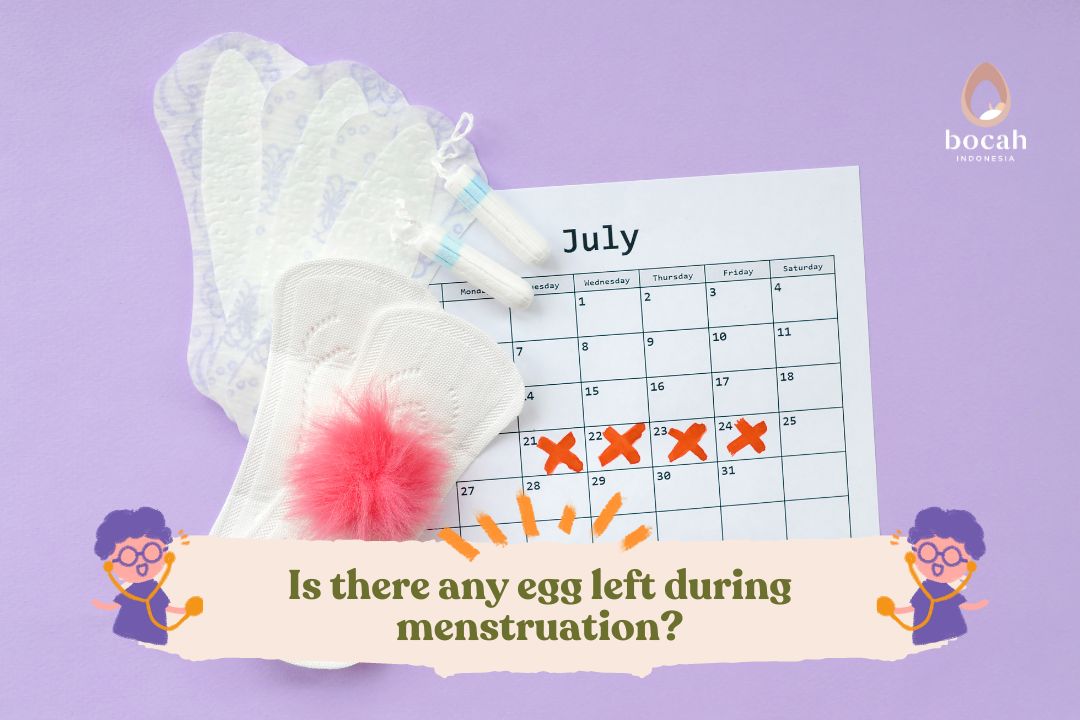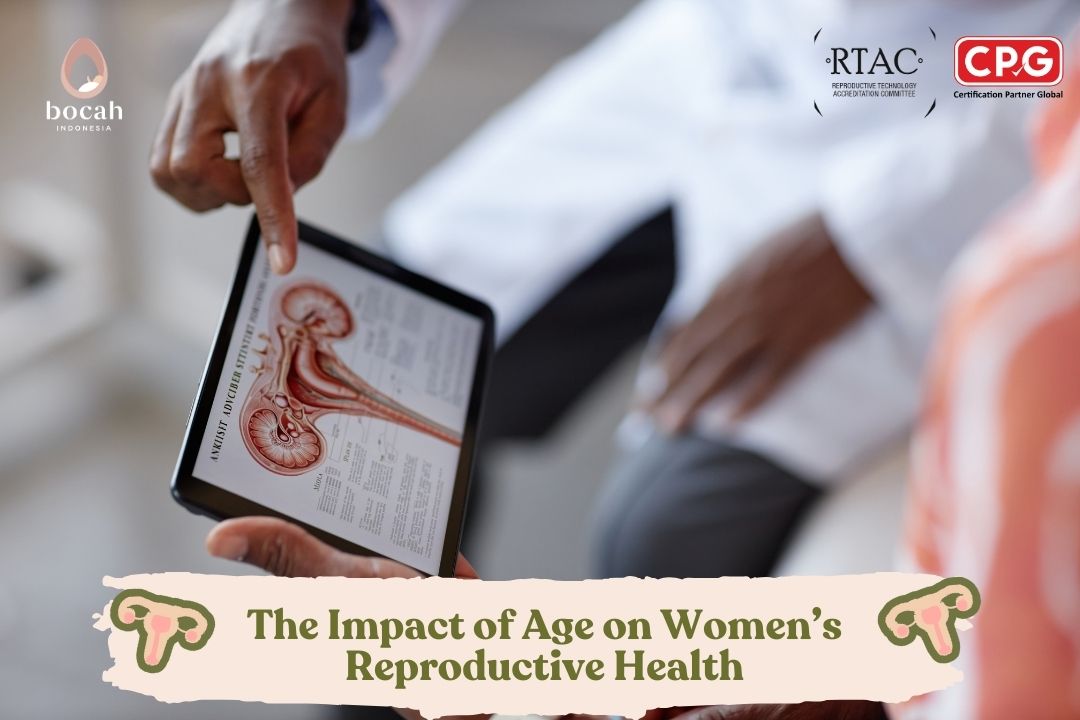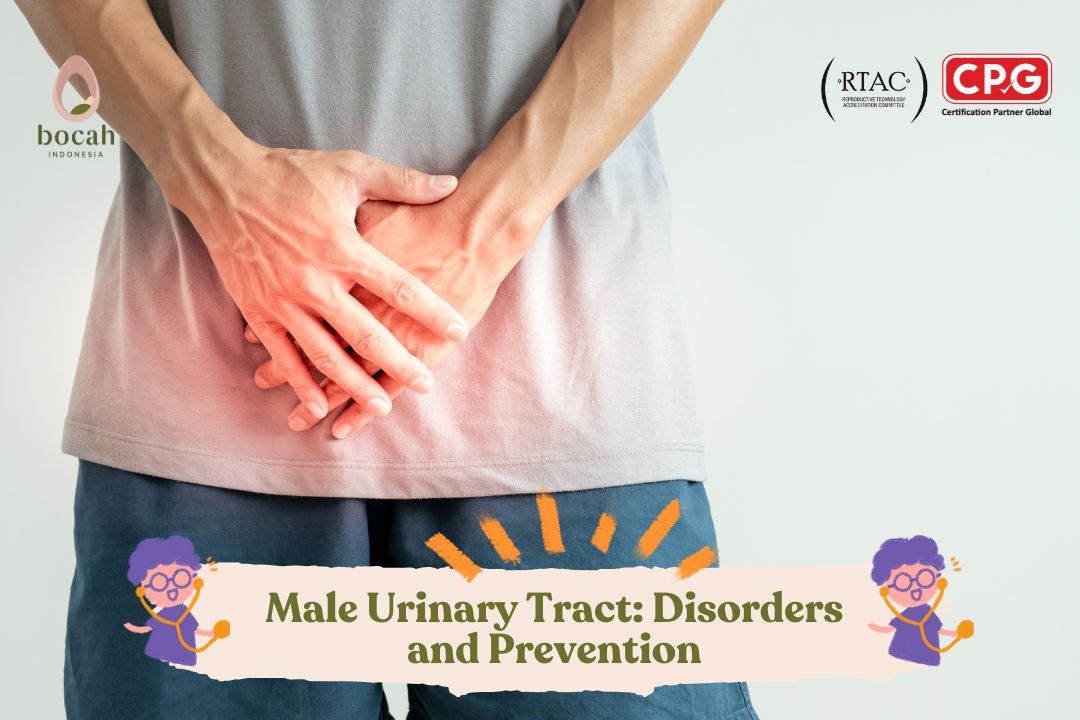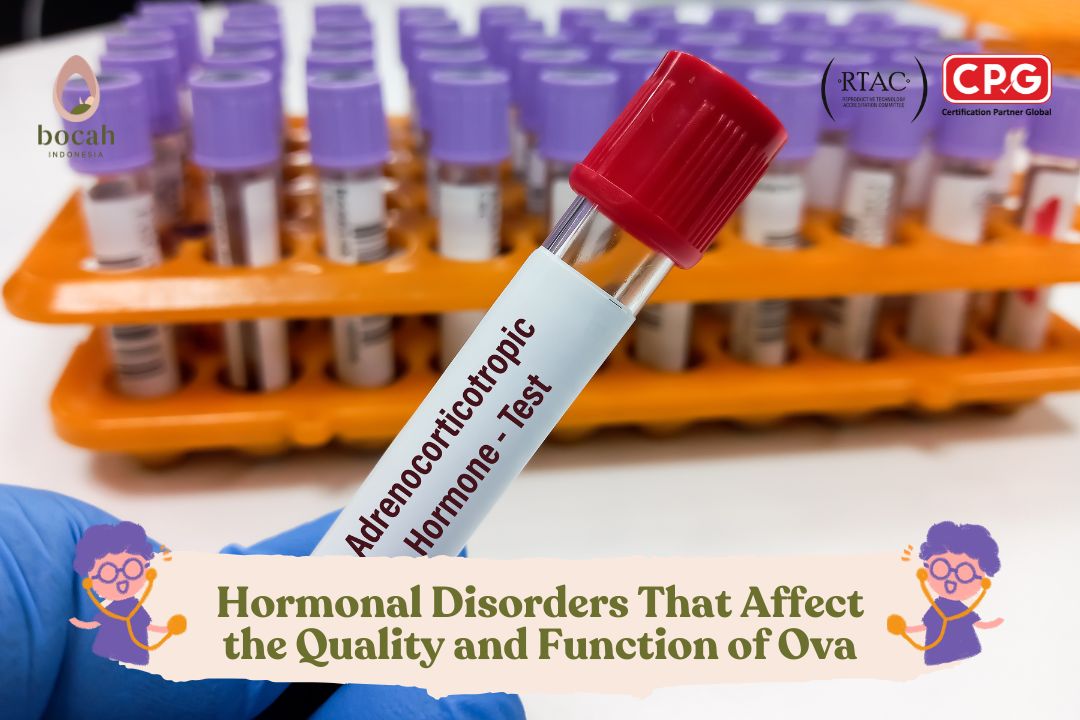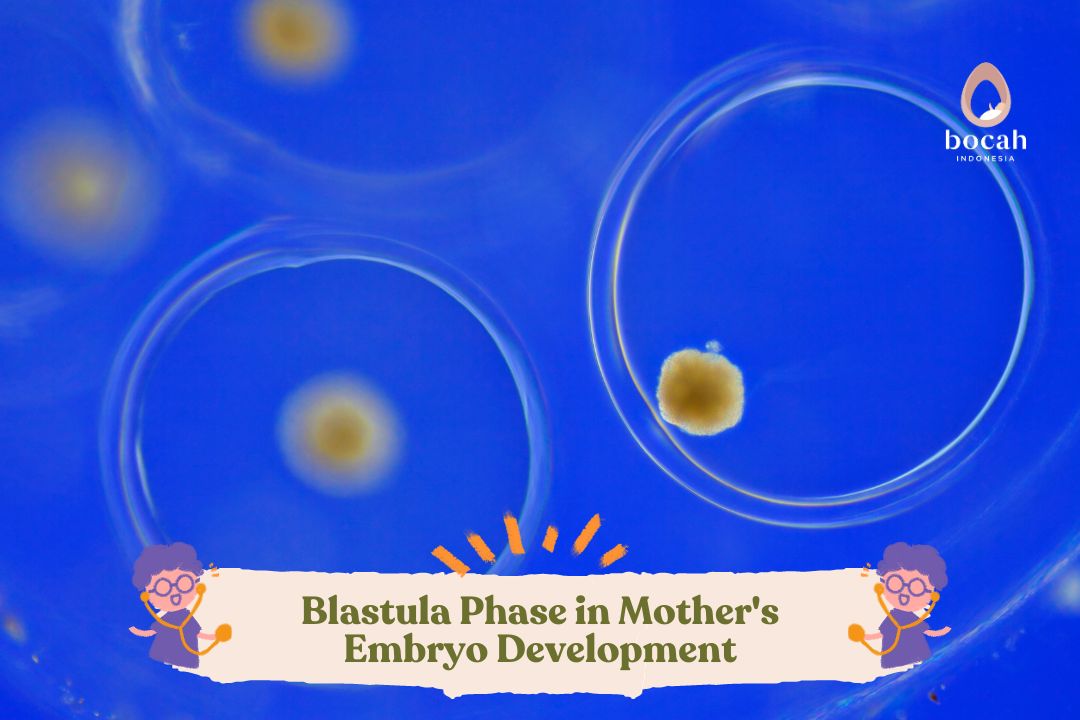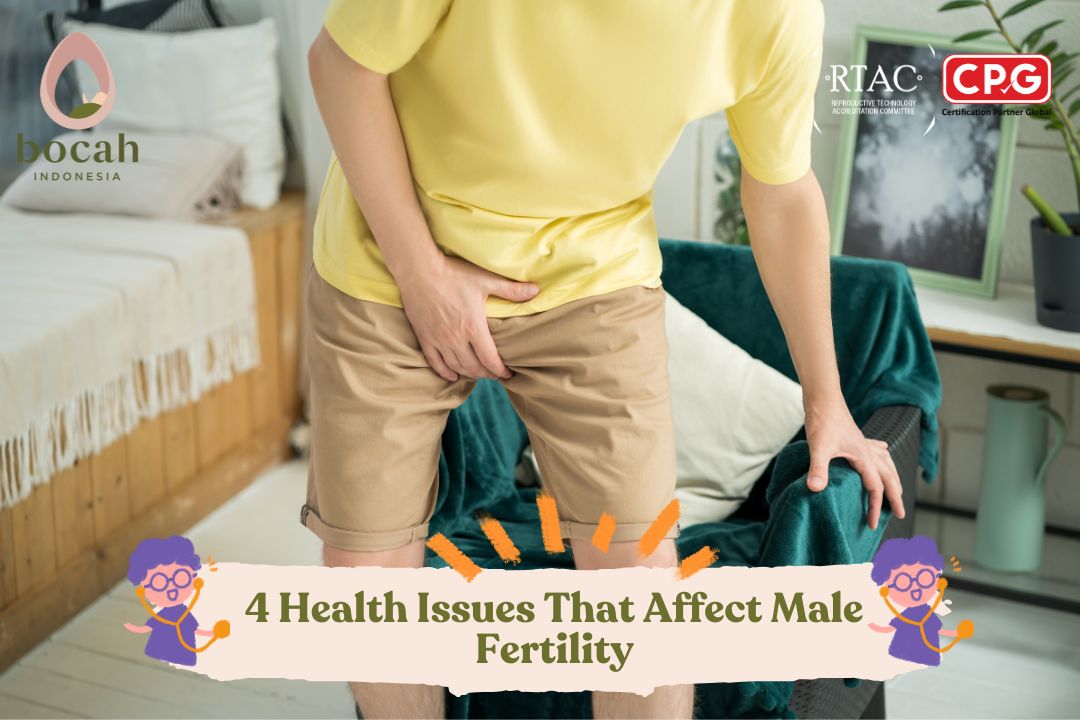Male Age And Embryo Quality, is There a Connection?
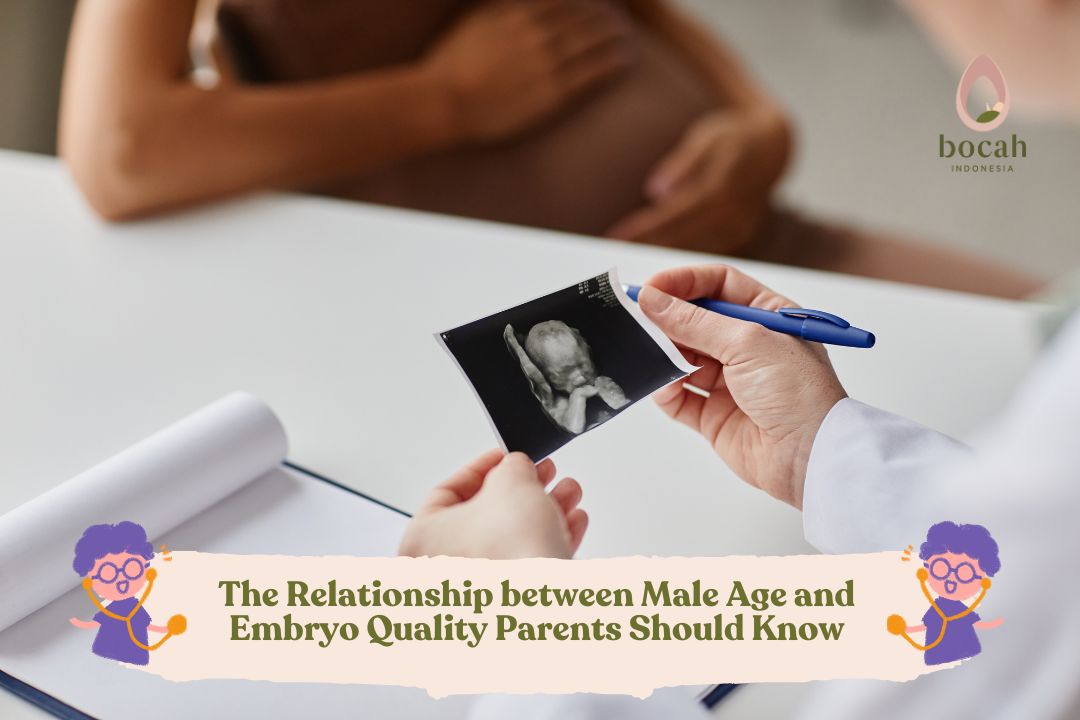
Infertility can be experienced by both men and women. However, does age affect male fertility in the same way it does for women?
It’s a well-known fact that the quality of eggs and infertility rates increase with age in women. The success rate of in vitro fertilization (IVF) also tends to be lower in older women, partly due to declining embryo quality. This raises the question: Does the same apply to men? Is there a connection between a man’s age and the quality of embryos?
Aging and Male Fertility
To some extent, men—like women—have a biological clock. Men also experience the effects of aging, which includes a decline in fertility over time. However, male fertility decline seems to occur at a much later age compared to women.
The Centers for Disease Control and Prevention (CDC) in the United States reports that most men experience a significant decline in fertility after reaching the age of 40. One study found that the likelihood of pregnancy within 1 year is 30 percent lower for men over 40 compared to men under 30. Another study on artificial insemination found that after 6 cycles, men under 35 had a fertility rate of 52 percent, while men over 35 had a fertility rate of 25 percent.
From various studies, it can be concluded that male fertility decline typically begins around the age of 35. At this age, sperm quality can significantly decrease. This, in turn, can affect:
Tanya Mincah tentang Promil?
- Pregnancy rates. Pregnancy rates decrease with increasing age in men. Men generally experience a 52 percent decline in fertility from their early 30s to late 30s.
- Time to conception. Compared to men aged 25 or younger, men aged 45 and older are 12.5 times more likely to take longer to achieve pregnancy (>2 years).
- Miscarriage risk. The risk of miscarriage (before 20 weeks of gestation) increases by 27 percent when the man is 35 years or older and doubles when he is 50 years or older.
- Pregnancy complications. Pregnancies involving men over the age of 45 are at an increased risk of delivery complications.
- Health risks for offspring. Some studies suggest a slightly higher risk of premature birth or low birth weight in babies born to fathers aged 35 or older. However, these findings are not entirely clear. Other studies have found a link between a father’s age, especially over 50, and a slight increase in the risk of autism and schizophrenia in their offspring.
Effects of Male Age on Embryo Quality
Embryo quality depends on many factors, primarily intrinsic factors such as egg and sperm quality, and extrinsic factors like the conditions in the embryo culture in the laboratory during IVF. In the case of men, it is known that increasing age is associated with a significant decline in several parameters of sperm quality, including volume, count, motility, morphology, and viability (ability to survive).
The direct causes of this relationship are not yet fully understood, but there are some potential mechanisms known to change with age, including:
- Reduced capacity of cells and tissues to repair damage
- Decline in the number of germ cells (sperm precursor cells) and male hormone levels
- Changes in the structure of the male reproductive tract, such as narrowing of the sperm ducts
- Reduced blood flow
- Age-related diseases that affect the reproductive process
Specifically, the production of fluids from accessory glands like the Cowper’s and prostate glands decreases in older men. The composition of these fluids, including water and proteins, differs from that of younger men, affecting sperm motility. Spermatogenesis, the process of sperm formation, can also be disrupted with age, resulting in abnormal sperm morphology in older men.
Along with declining sperm quality due to aging, the integrity of sperm DNA also decreases. This issue likely shares similar causes with those affecting sperm characteristics but is primarily related to impaired DNA repair and cell division processes with advancing age. Additionally, the risk of DNA damage accumulation and free radicals from infections, alcohol consumption, smoking, and other toxins increases with age, all of which have a high likelihood of compromising DNA integrity.
Incomplete or fragmented sperm DNA is known to be associated with decreased pregnancy rates—both through natural conception and assisted methods like artificial insemination or IVF—and an increased risk of miscarriage.
The integrity of sperm DNA can be assessed through a test known as the DNA Fragmentation Index (DFI). DFI measures the amount of damaged/abnormal genetic material within sperm cells. Studies have shown that sperm DNA fragmentation increases by 0.3 percent per year.
Men’s Age and the Success Rate of IVF
It can be concluded that advancing age in men reduces the natural pregnancy success rate due to a decline in both the quantity and quality of sperm, especially after the age of 40. But does this also affect the success rate of in vitro fertilization (IVF) programs?
A recent study in 2023 aimed to examine the influence of a man’s age on the parameters of normal sperm concerning the success rate of IVF programs. In this study, a total of 381 IVF cycles were analyzed and categorized based on the father’s age (<35 years, 35-39 years, or 40 years and above), while the mother’s age was restricted to below 35 years. The analysis included data on embryo quality and clinical outcomes such as pregnancy success, live births, and miscarriages.
The results of the study showed that fertilization rates and embryo quality did not significantly differ among the three age groups. However, when it came to pregnancy success rates, it was found to be 40.3 percent in the <35 years age group. This rate did not significantly differ in the 35-39 years age group, which was 42 percent. However, there was a significant drop to 26.1 percent in the 40 years and above age group.
The live birth rates did not significantly differ among the age groups, with rates of 30.6 percent in the <35 years age group, 21.7 percent in the 35-39 years age group, and 19.6 percent in the 40 years and above age group. However, it can be observed that the trend decreases with increasing age.
The miscarriage rate significantly increased in the 35-39 years age group (44.8 percent) compared to the <35 years age group (21 percent). However, this difference was not significant in the 40 years and above age group (25 percent), although the percentage remained higher. The study results did not show any differences in the rates of premature birth or low birth weight among all age groups.
From all these findings, it can be concluded that a man’s age above 40 is a separate factor that affects the success rate of IVF programs, even when the parameters of sperm quality are good and have no effect on embryo development.
Conclusion
Almost all parameters of sperm quality and male fertility decrease with advancing age, contributing to a reduced pregnancy success rate. Based on various study results, it can be said that, in general, the ideal age for becoming a father is below 40 years. However, it does not mean that men over 40 cannot become parents. Assisted reproductive technology can compensate for the decline in fertility with age and minimize potential risks.
One thing to remember is that age is not the only factor contributing to male infertility. There are many other important causes that need to be evaluated, such as structural issues in the reproductive system, genetic abnormalities, hormonal disorders, and lifestyle factors.
Source:
- Colaco S, Sakkas D. Paternal factors contributing to embryo quality. Journal of Assisted Reproduction and Genetics. 2018 Nov;35:1953-68.
- Halvaei I, Litzky J, Esfandiari N. Advanced paternal age: effects on sperm parameters, assisted reproduction outcomes and offspring health. Reproductive Biology and Endocrinology. 2020 Dec;18(1):1-2.
- Jimbo M, Kunisaki J, Ghaed M, Yu V, Flores HA, Hotaling JM. Fertility in the aging male: A systematic review. Fertility and Sterility. 2022 Dec 1;118(6):1022-34.
- Lu XM, Liu YB, Zhang DD, Cao X, Zhang TC, Liu M, Shi HJ, Dong X, Liu SY. Effect of advanced paternal age on reproductive outcomes in IVF cycles of non-male-factor infertility: a retrospective cohort study. Asian Journal of Andrology. 2023 Mar;25(2):245.


